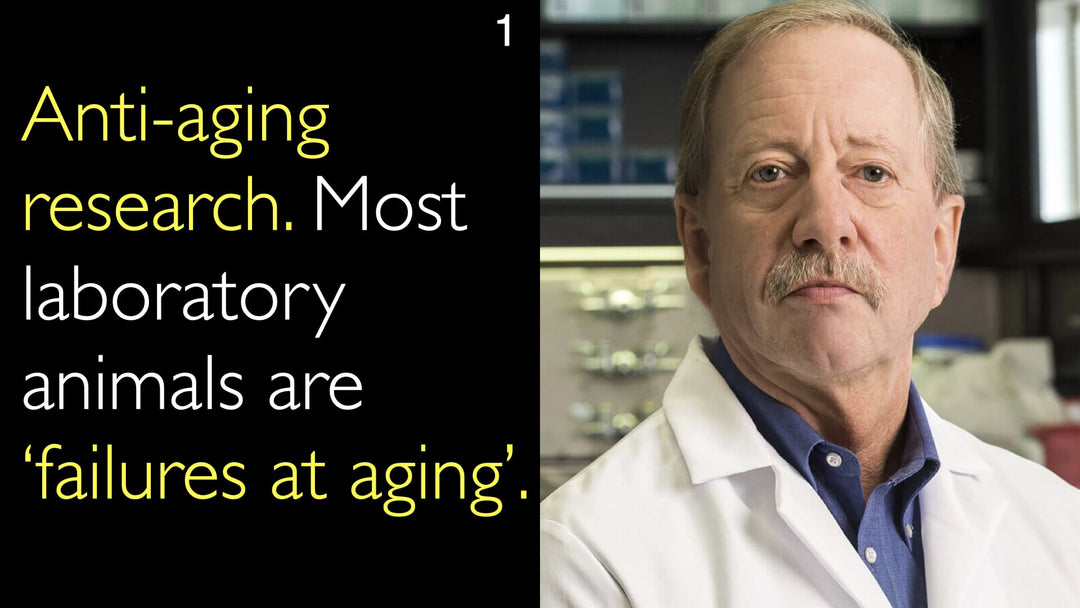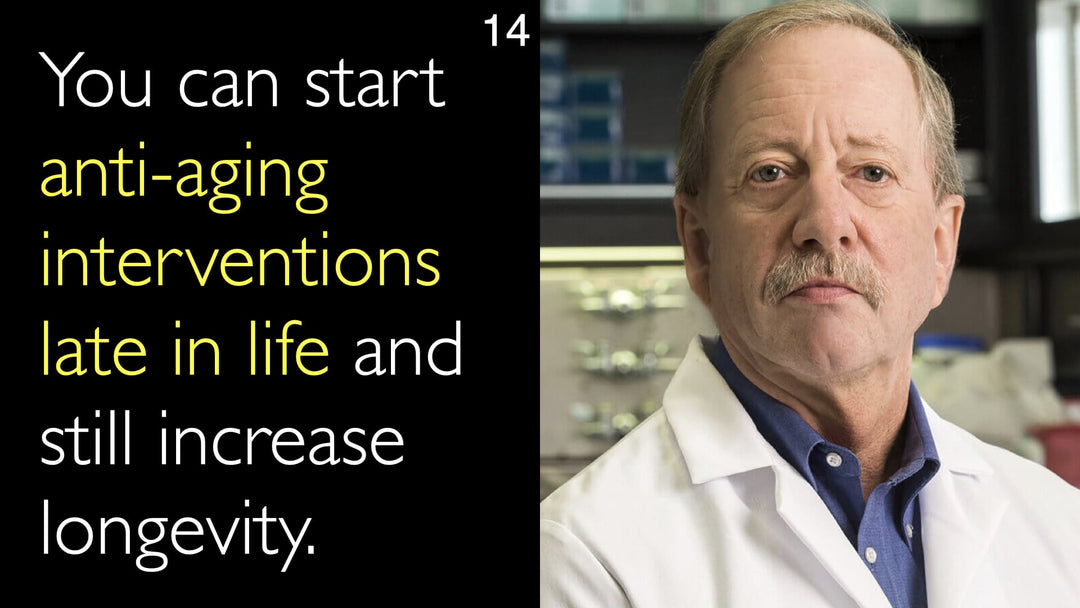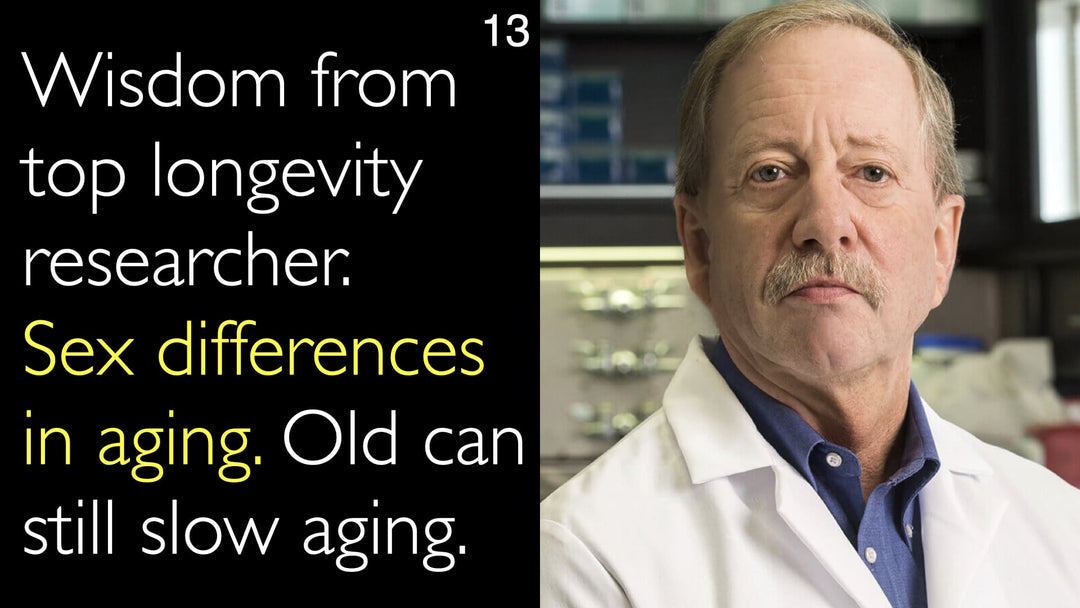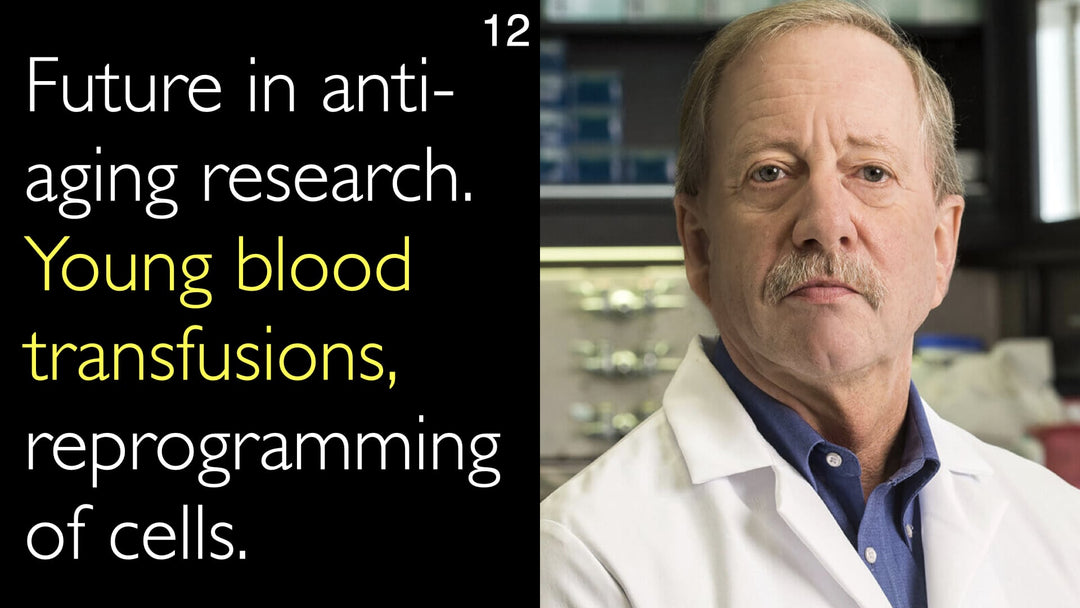Ведущий эксперт в области исследований старения, доктор медицины Стивен Аустад, объясняет, как изучение животных-долгожителей может раскрыть секреты человеческого долголетия. По его мнению, традиционные лабораторные модели, такие как мыши и черви, непригодны для изучения старения, поскольку эти виды деградируют слишком быстро. Доктор Аустад призывает сосредоточиться на видах, стареющих медленнее человека. Такой подход способен выявить новые биологические механизмы продления здоровой жизни.
Изучение долгоживущих животных для прорывов в борьбе со старением человека
Перейти к разделу
- Модельные организмы в исследованиях старения
- Долголетие человека среди уникальных млекопитающих
- Изучение медленно стареющих видов
- Вариативность продолжительности жизни в природе
- Ограничения биомедицинских исследований
- Перспективные направления исследований старения
- Полная расшифровка
Модельные организмы в исследованиях старения
Доктор Стивен Остад подчёркивает ключевую роль выбора подходящих модельных организмов для изучения старения. Он отмечает, что старение присуще практически всем видам животных, что делает почти любое из них потенциальной моделью для исследований. По его словам, выбор организма напрямую влияет на то, какие insights учёные смогут получить о старении человека.
В беседе с доктором Антоном Титовым рассматривается, как разные виды могут давать уникальные данные. Доктор Остад поясняет, что исследователям следует стратегически подходить к выбору животных, чтобы максимизировать relevance их открытий для здоровья и долголетия человека.
Долголетие человека среди уникальных млекопитающих
Человек представляет собой исключительный случай среди млекопитающих с точки зрения старения. Доктор Остад указывает, что люди стареют медленнее большинства других видов. Он особо отмечает, что человек — самое долгоживущее млекопитающее, не обитающее в океане, подчёркивая наше уникальное положение в животном мире.
Это исключительное долголетие ставит важные вопросы о биологических механизмах, позволяющих человеку сохранять здоровье на протяжении долгого времени. Доктор Остад предполагает, что понимание этих механизмов может дать ценные insights для разработки антивозрастных вмешательств и продления здоровой жизни человека.
Изучение медленно стареющих видов
Доктор Стивен Остад предлагает революционный подход к исследованиям старения. Вместо изучения короткоживущих видов он предлагает сосредоточиться на животных, которые стареют медленнее человека. По его мнению, именно эти виды хранят самые ценные уроки для понимания и потенциального продления человеческой жизни.
Доктор Остад объясняет доктору Титову, что природа даёт множество примеров исключительного долголетия среди разных видов. Изучая эти естественные модели успешного старения, исследователи могут открыть новые биологические пути и механизмы, которые можно адаптировать для терапии старения человека.
Вариативность продолжительности жизни в природе
Разброс продолжительности жизни среди разных организмов поистине огромен, отмечает доктор Остад. Это разнообразие представляет как вызов, так и возможность для исследователей. Изначально он подходил к этой вариативности как к абстрактному научному вопросу о биологических различиях между видами.
Однако, как поясняет доктор Остад, теперь он осознаёт глубокую практическую значимость понимания этой вариативности. В условиях глобального старения населения исследования механизмов долголетия становятся как никогда актуальными для здоровья человека и медицины.
Ограничения биомедицинских исследований
Доктор Остад выражает озабоченность текущими подходами в биомедицинских исследованиях старения. Он характеризует commonly используемых лабораторных животных как «явные неудачи в старении», поскольку они деградируют гораздо быстрее человека. Виды вроде червей, мышей и мух доминируют в исследованиях, несмотря на фундаментальные различия с паттернами старения человека.
Эта озабоченность становится центральной темой в его беседе с доктором Титовым. Он задаётся вопросом, могут ли исследователи действительно понять старение человека, изучая организмы со столь dramatically разной продолжительностью жизни и траекториями старения.
Перспективные направления исследований старения
Доктор Остад описывает новое направление для исследований старения, выходящее за рамки традиционных модельных организмов. Его работа, включая предстоящую книгу «Methuselah's Zoo», исследует, чему природа может научить нас о долгой жизни через изучение исключительно долгоживущих видов.
Этот подход представляет собой смену парадигмы в разработке антивозрастных вмешательств. Вместо фокуса на репарации повреждений в короткоживущих моделях доктор Остад предлагает изучать виды, которые естественным образом избегают быстрой деградации. Эта стратегия может выявить принципиально новые подходы к продлению здоровья и жизни человека.
Полная расшифровка
Доктор Антон Титов: Вы опубликовали две интригующие книги: «Why We Age: What Science Is Discovering About the Body's Journey Through Life». Она была переведена как минимум на восемь языков. Ваша новая книга «Methuselah's Zoo: What Nature Can Teach Us About Living Longer» выйдет в MIT Press в этом году.
Давайте начнём с обсуждения животных как модельных организмов для изучения старения. Как осмыслить огромную разницу в продолжительности жизни животных?
Доктор Стивен Остад: Да, это очень важный момент. С тех пор как я пришёл в исследования старения, меня беспокоил вопрос, каких животных мы используем для этих целей. Если подумать, практически каждое животное стареет, так что почти любое может служить моделью.
Но человек отличается от большинства животных. Мы стареем медленнее. Мы — самые долгоживущие млекопитающие, не живущие в океане. Вопрос в том, чему мы можем научиться у других видов, что поможет понять человеческую жизнь?
Я считаю, что нам стоит смотреть на виды, которые стареют медленнее нас. Именно там кроются уроки природы.
Вы правы. Существует огромная разница между самыми короткоживущими и самыми долгоживущими организмами. Изначально, когда я пришёл в эту область, я хотел понять эту разницу.
Но со временем я осознал: это не просто абстрактный вопрос. Это то, что очень волнует людей, особенно в условиях старения глобального населения.
Меня также беспокоит, что почти все биомедицинские исследования проводятся на животных, которые являются явными неудачниками в старении. Они «разваливаются» очень быстро по сравнению с нами. Я опасаюсь, что мы не узнаем нужного, изучая червей, мышей и мух.







